Big brand boycotts in Russia: who is in and who is out?
Hundreds of Western companies have pulled out of Russia, but some remain
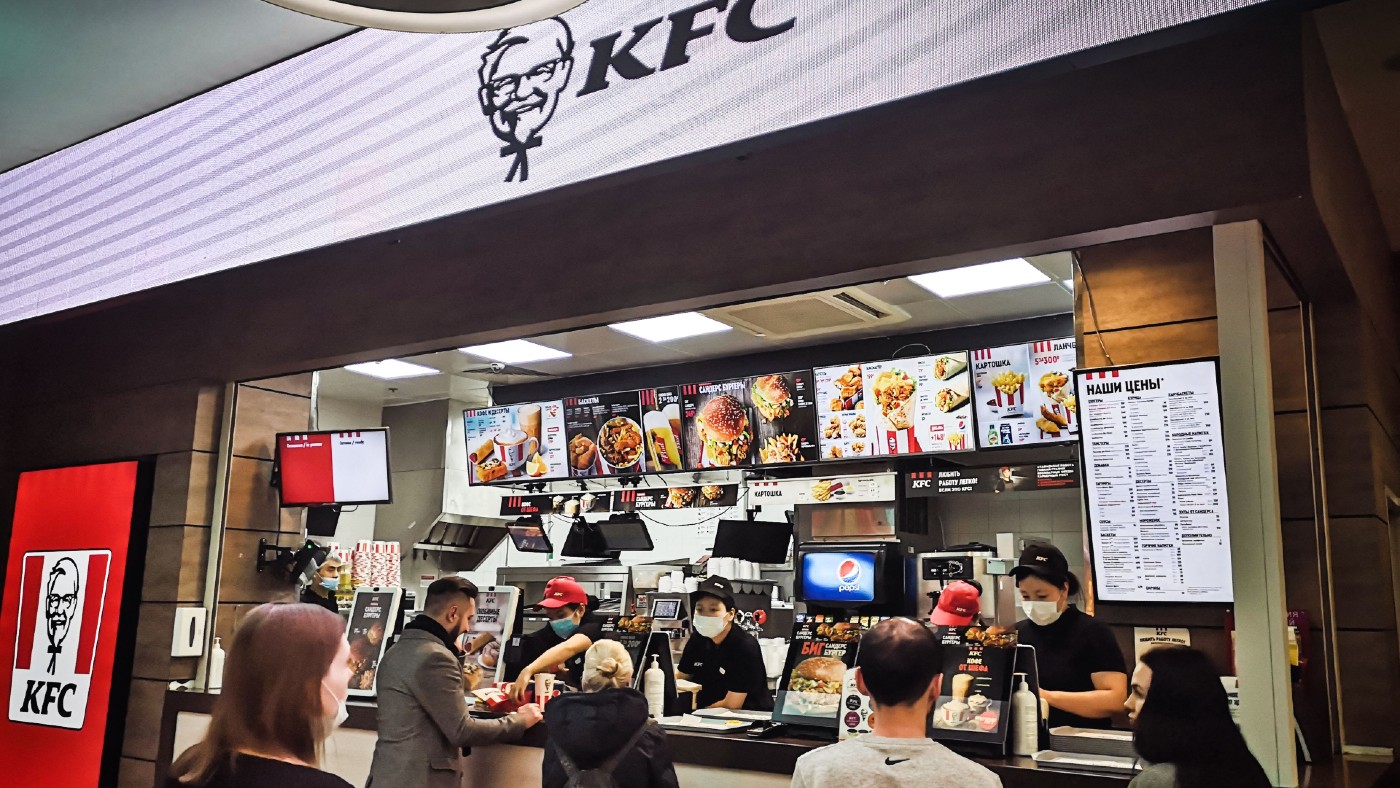
A free daily email with the biggest news stories of the day – and the best features from TheWeek.com
You are now subscribed
Your newsletter sign-up was successful
Which brands have withdrawn from Russia?
The Yale School of Management is keeping a list of major Western companies that suspend or sell their operations in Russia, updated on a daily basis, said Gregory Schmidt in The New York Times. It’s certainly hard to keep up.
As of today more than 300 companies have withdrawn from Russia, according to Yale. When its list was first published on 2 March only a few dozen companies had announced their departure. However, in the eight days since, there’s been a “mass corporate exodus”.
Credit card titans (American Express, Mastercard and Visa) have all signed up, as have Boeing, Ford and Volvo and a roster of entertainment companies including Netflix. Big Tech and Big Oil are mostly on board, as are the French luxury giants LVMH and Hermès. The Big Four bean-counters (PwC, KPMG, EY and Deloitte) are also pulling out – a process made easier because “these groups are structured as partnerships of local firms, so the businesses in Russia can continue to operate”, Schmidt said.
The Week
Escape your echo chamber. Get the facts behind the news, plus analysis from multiple perspectives.

Sign up for The Week's Free Newsletters
From our morning news briefing to a weekly Good News Newsletter, get the best of The Week delivered directly to your inbox.
From our morning news briefing to a weekly Good News Newsletter, get the best of The Week delivered directly to your inbox.
The big hold-outs were food and drink giants, said Julia Kollewe in The Guardian. McDonald’s, Coca-Cola, PepsiCo and Yum! Brands (which owns KFC and Pizza Hut) were initially loath to disrupt very complicated business and franchise arrangements, however all had caved in by midweek.
Many major Western brands “bowed to public pressure” to withdraw from Russia, Kollewe added. Kentucky-based Yum! Brands followed suit and said it was “suspending 70 KFC company-owned restaurants in Russia and finalising an agreement to suspend all 50 Pizza Hut outlets in partnership with its master franchisee”.
McDonald’s led a “fresh exodus” of the West’s biggest consumer brands from Russia, the Financial Times said. Starbucks and Unilever were also among those “halting or cutting operations” in response to Vladimir Putin’s invasion of Ukraine. Other brands joining the boycott include British babywear chain Mothercare, Universal Music Group, Heineken, Levi’s, Burberry and Ikea.
Jeffrey Sonnenfeld, a Yale School of Management professor, said the consumer goods companies “were very late to the party but they did move”. Companies joining the “business blockade” were pulling out or pulling back because “they realised that they were going to be on the wrong side of history”.
A free daily email with the biggest news stories of the day – and the best features from TheWeek.com
Which brands are still trading in Russia?
As of yesterday, several big multinationals continued to buck the trend, The Economist said. Abandoning Russia is “easier for some firms than others”.
Japanese fashion group Uniqlo is among the firms that have “so far indicated plans to stay put despite threats of consumer boycotts”, the i news site reported. And a string of hotel groups including Hilton and Marriott have “also chosen not to completely extricate themselves from Russia”.
Tadashi Yanai, the founder and president of Uniqlo’s owner Fast Retailing, defended the decision to keep operating because “clothing is a necessity of life” and the people of Russia “have the same right to live as we do”.
Burger King has 800 franchise locations in Russia and it “would not be straightforward to cut ties completely because of legal arrangements”, i news said. Parent company Restaurant Brands International is planning to redirect profits from branches toward humanitarian efforts supporting Ukrainian refugees. “BK Russia is a standalone business owned and operated by our franchisees in the country,” it said. “We have long-standing legal agreements that are not easily changeable.”
The new chief executive of French food group Danone has argued that the company had “a responsibility to the people we feed”, The Times reported. Antoine de Saint-Affrique said the maker of Activia yoghurts and Evian mineral water would not be committing new investment in Russia, but confirmed it would continue to sell dairy and baby food in the country.
-
 Book reviews: ‘Bonfire of the Murdochs’ and ‘The Typewriter and the Guillotine’
Book reviews: ‘Bonfire of the Murdochs’ and ‘The Typewriter and the Guillotine’Feature New insights into the Murdoch family’s turmoil and a renowned journalist’s time in pre-World War II Paris
-
 Witkoff and Kushner tackle Ukraine, Iran in Geneva
Witkoff and Kushner tackle Ukraine, Iran in GenevaSpeed Read Steve Witkoff and Jared Kushner held negotiations aimed at securing a nuclear deal with Iran and an end to Russia’s war in Ukraine
-
 What to expect financially before getting a pet
What to expect financially before getting a petthe explainer Be responsible for both your furry friend and your wallet
-
 Britishvolt: how Britain’s bright battery hope was zapped
Britishvolt: how Britain’s bright battery hope was zappedfeature Battery-making startup’s demise ‘has thrown up tales of reckless spending’ and incompetence
-
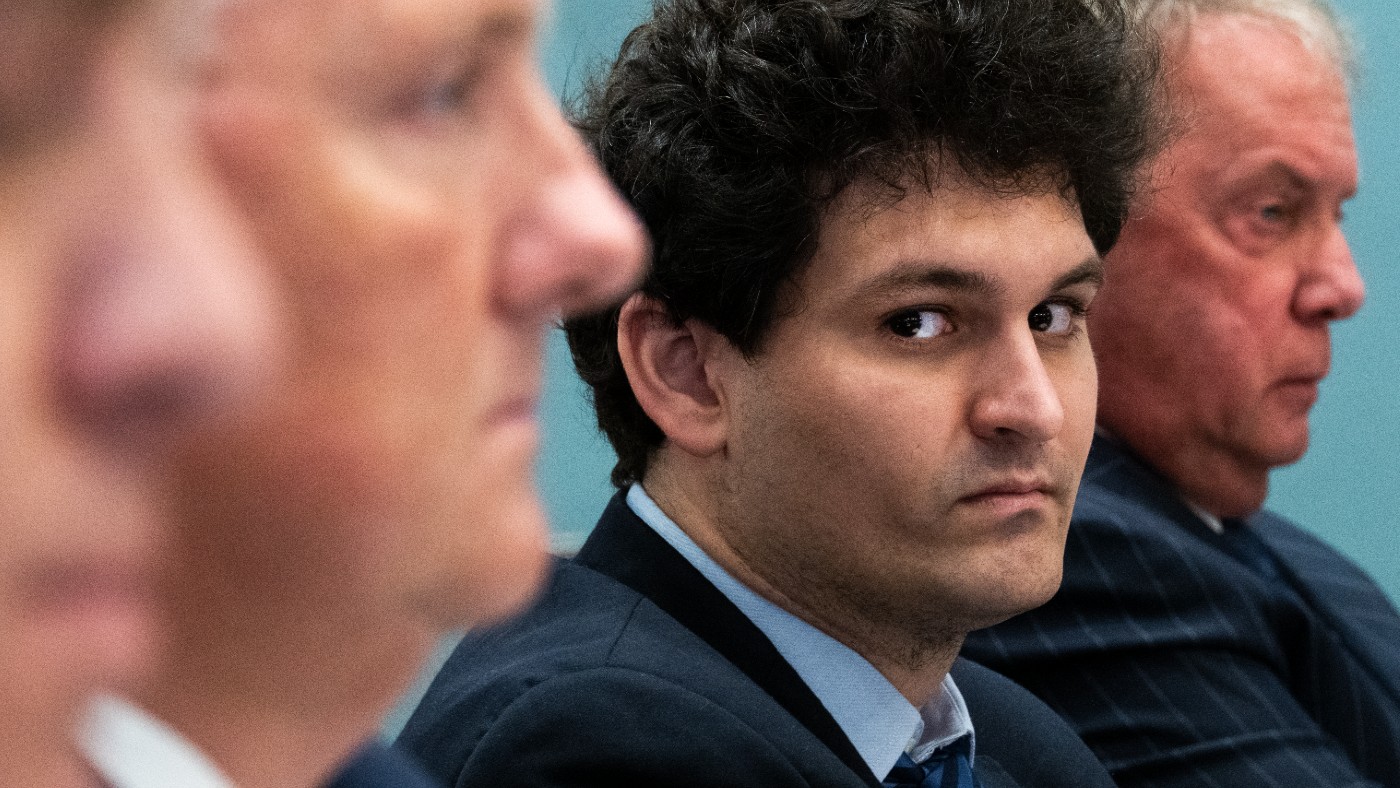 Sam Bankman-Fried: the arrest of the disgraced crypto crusader
Sam Bankman-Fried: the arrest of the disgraced crypto crusaderfeature The founder of the failed crypto exchange FTX was arrested on Monday
-
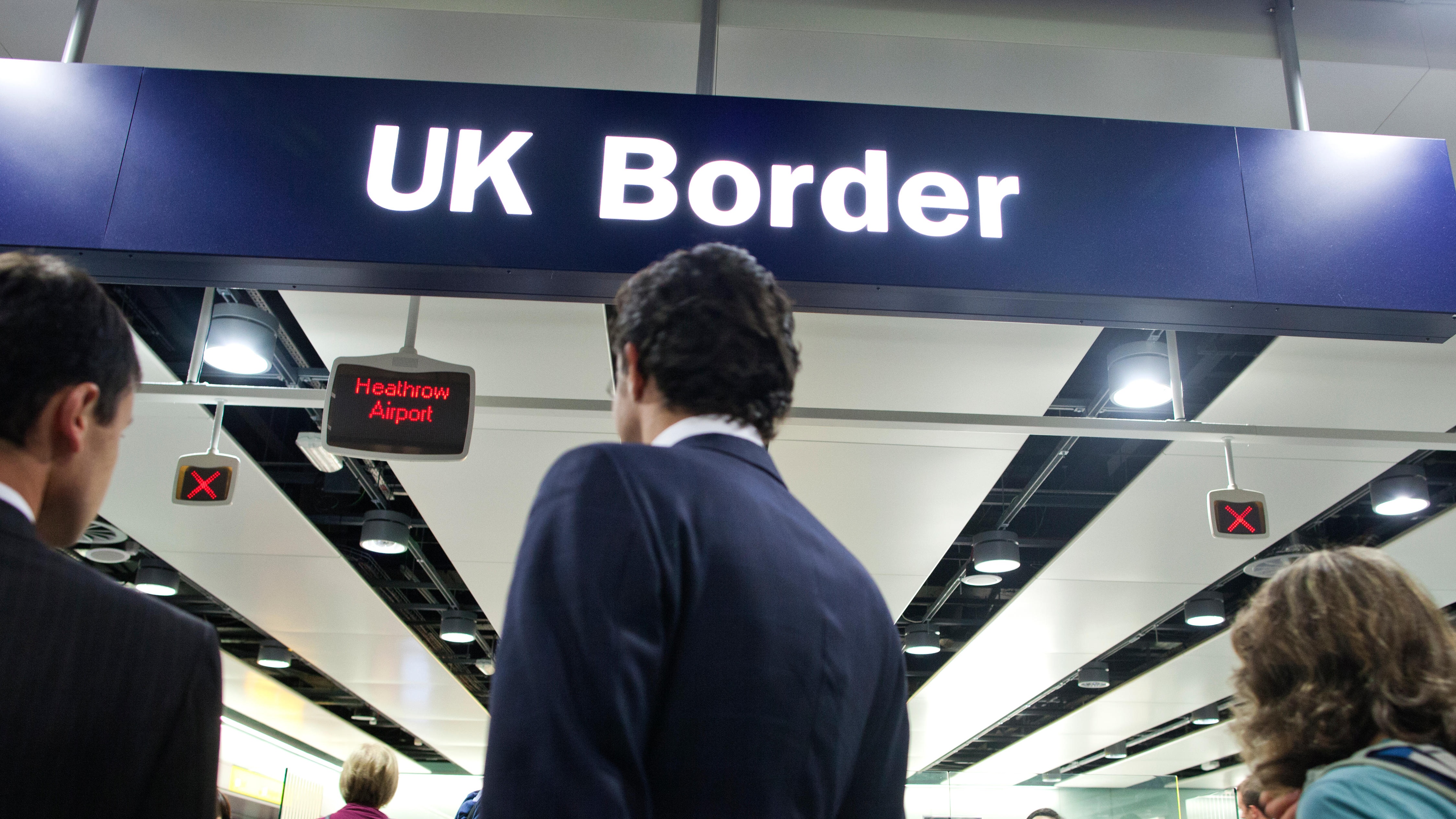 The UK’s migration ‘surge’ examined
The UK’s migration ‘surge’ examinedfeature 1.1 million people migrated to the UK last year, according to the latest ONS data
-
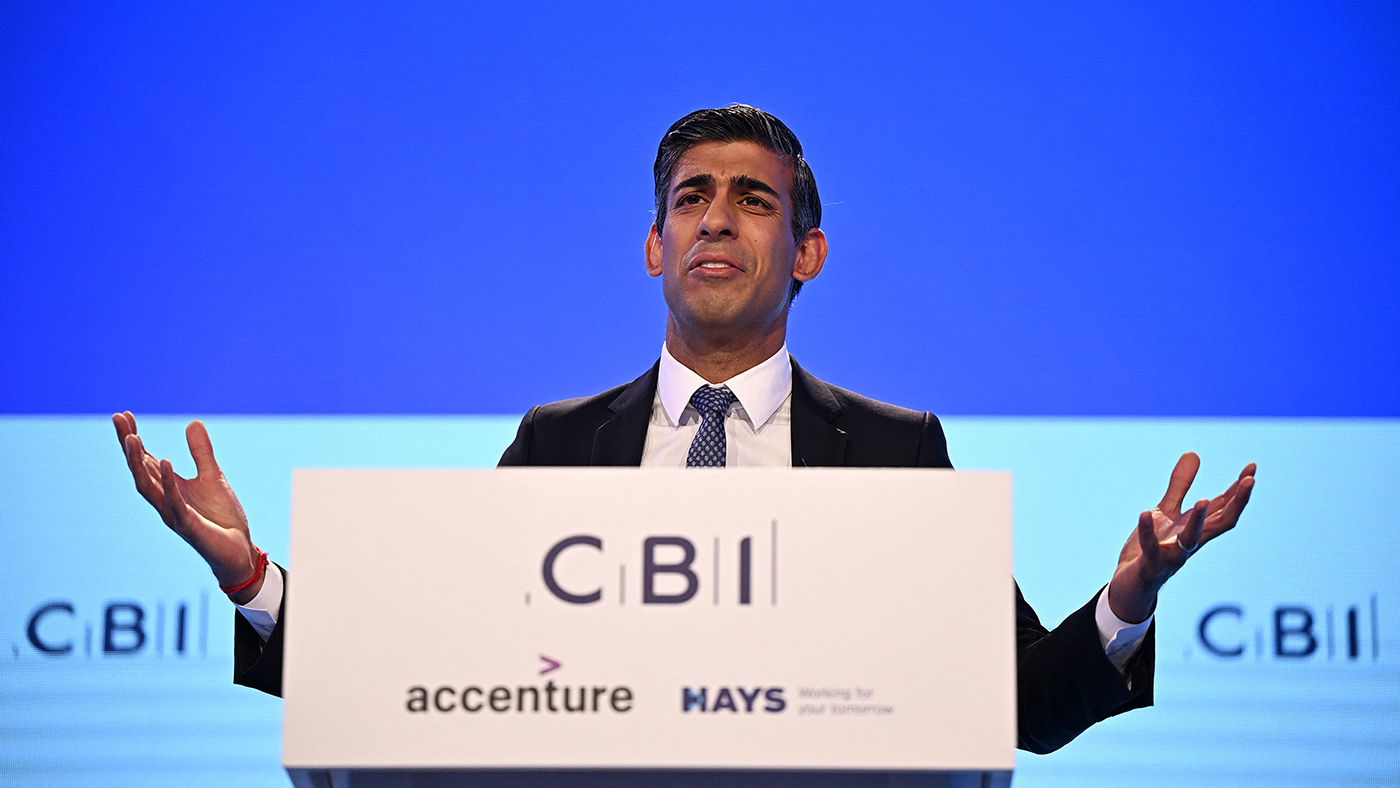 Why UK companies are facing a dystopian, zero-growth future
Why UK companies are facing a dystopian, zero-growth futurefeature In prioritising stability, the Treasury risks ‘stifling enterprise and entrepreneurship’
-
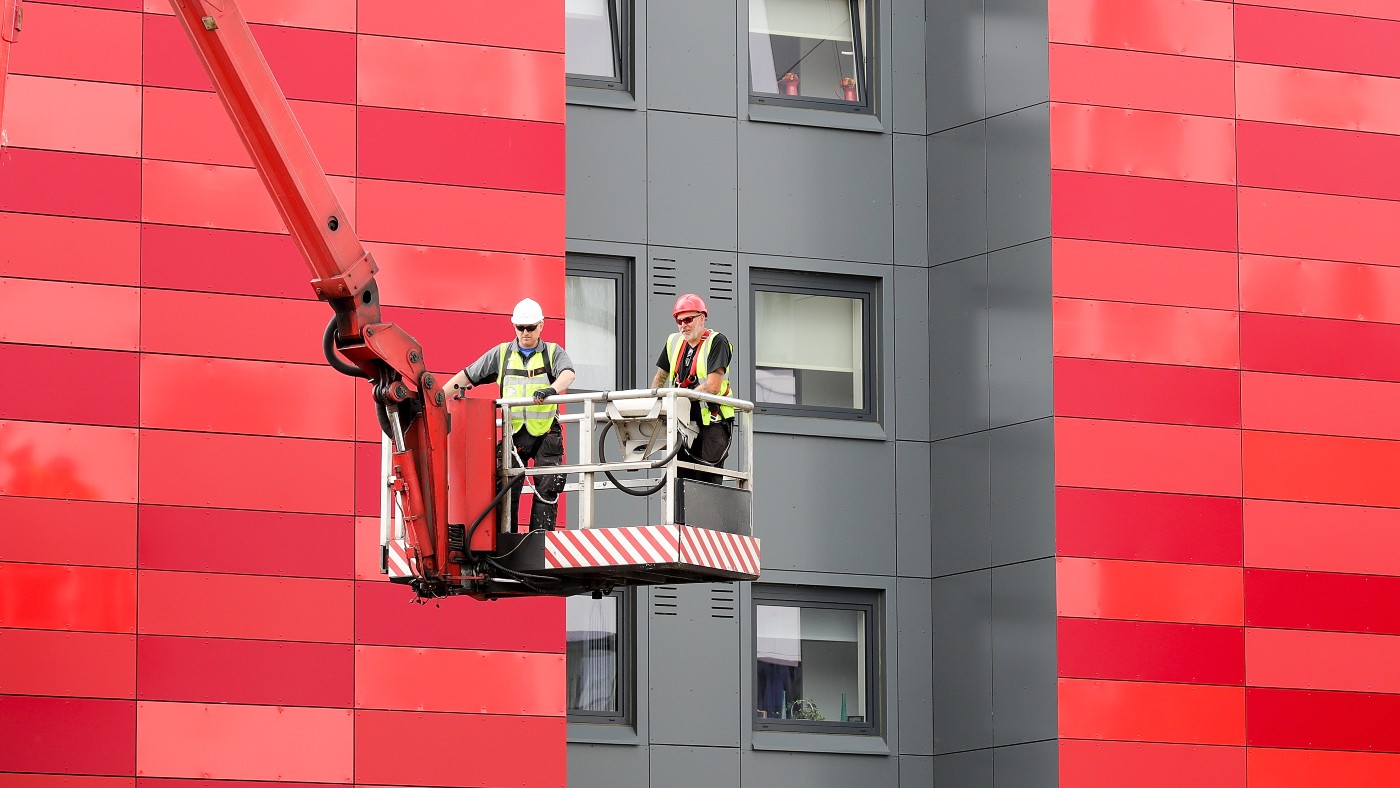 UK builders: drawing a line under the cladding crisis?
UK builders: drawing a line under the cladding crisis?feature Michael Gove’s threat to builders may be paying off
-
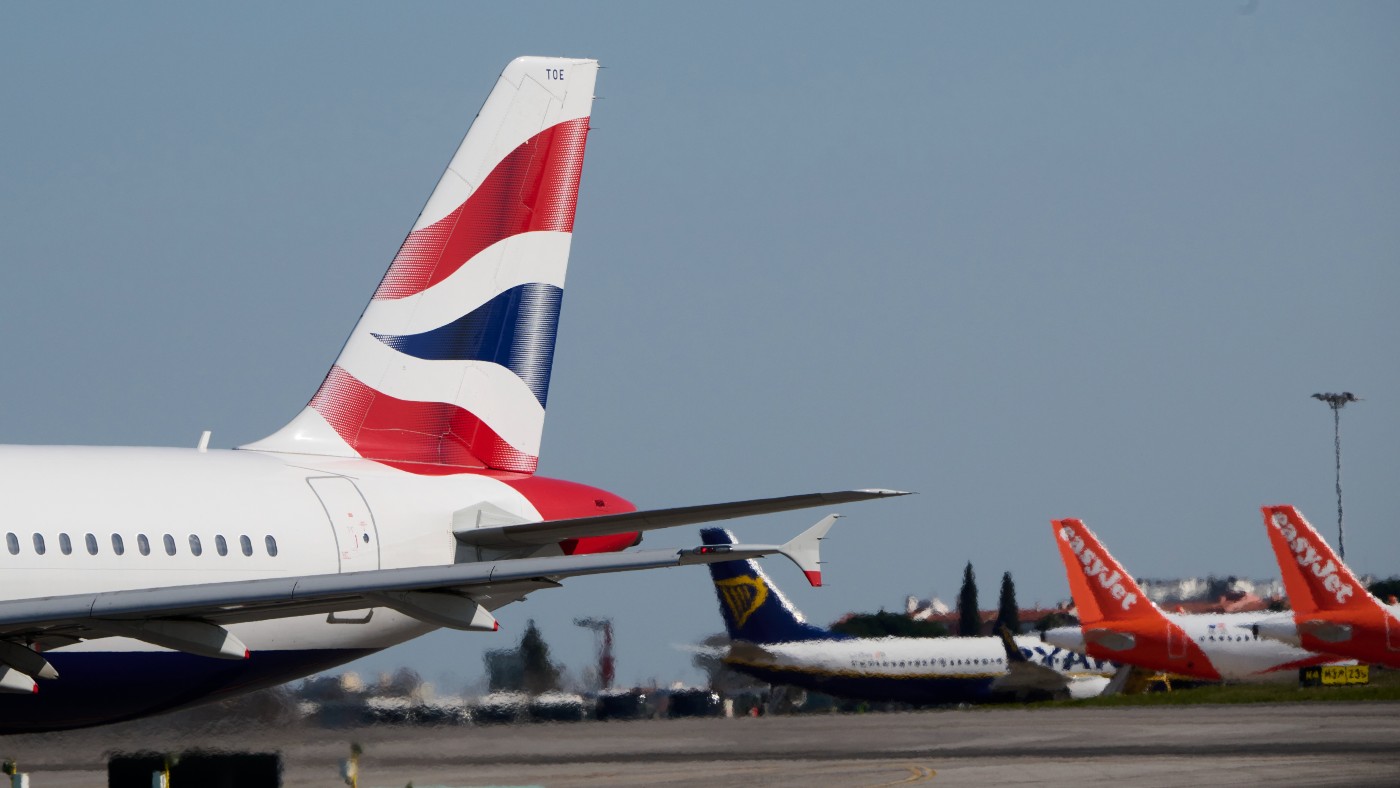 Travel is back: is the UK aviation industry ready for the big take-off?
Travel is back: is the UK aviation industry ready for the big take-off?feature After two years of chaos caused by Covid-19, airports and airlines are now hit by a staffing crisis
-
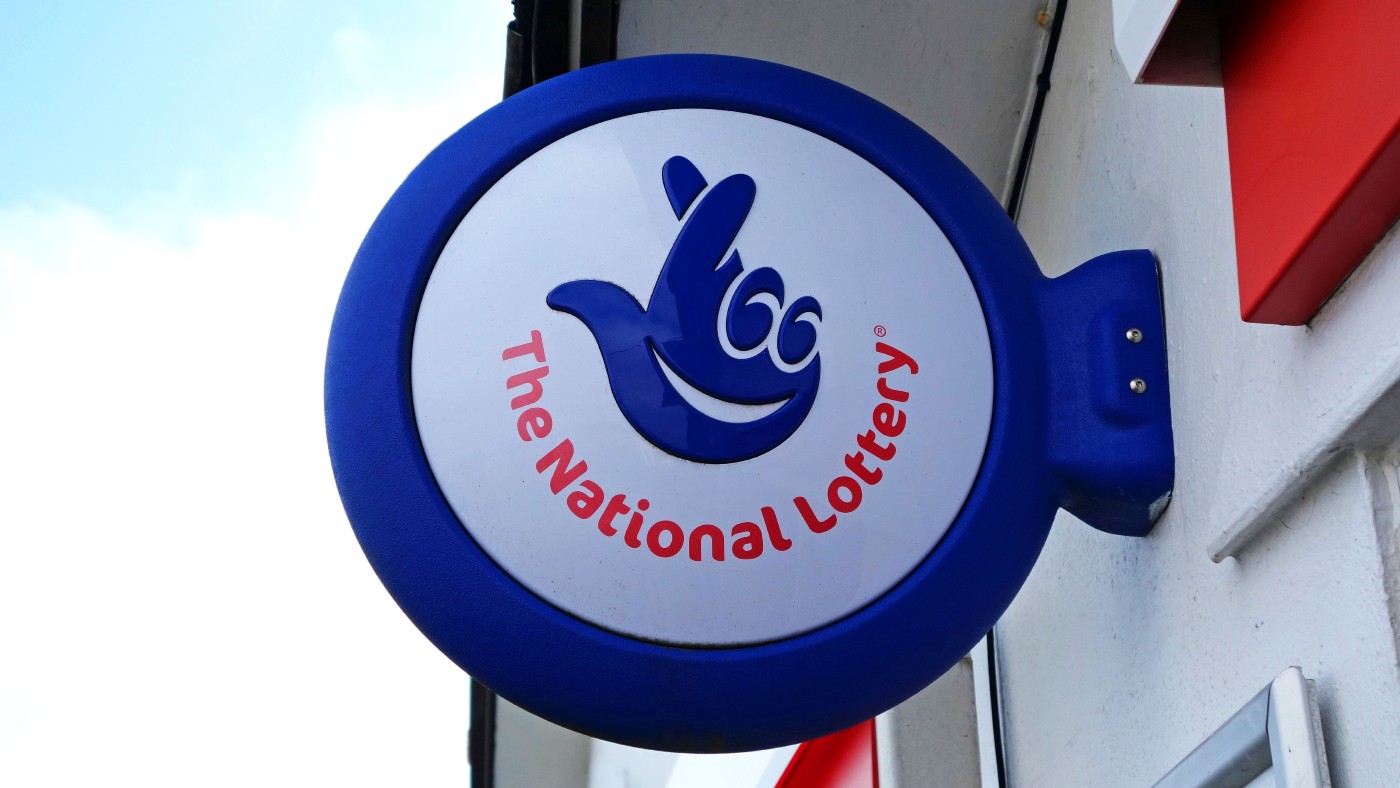 National Lottery operating licence: and the winner is…
National Lottery operating licence: and the winner is…feature Camelot has ‘outlasted five prime ministers’, but following a hotly contested bidding process, it has finally been toppled
-
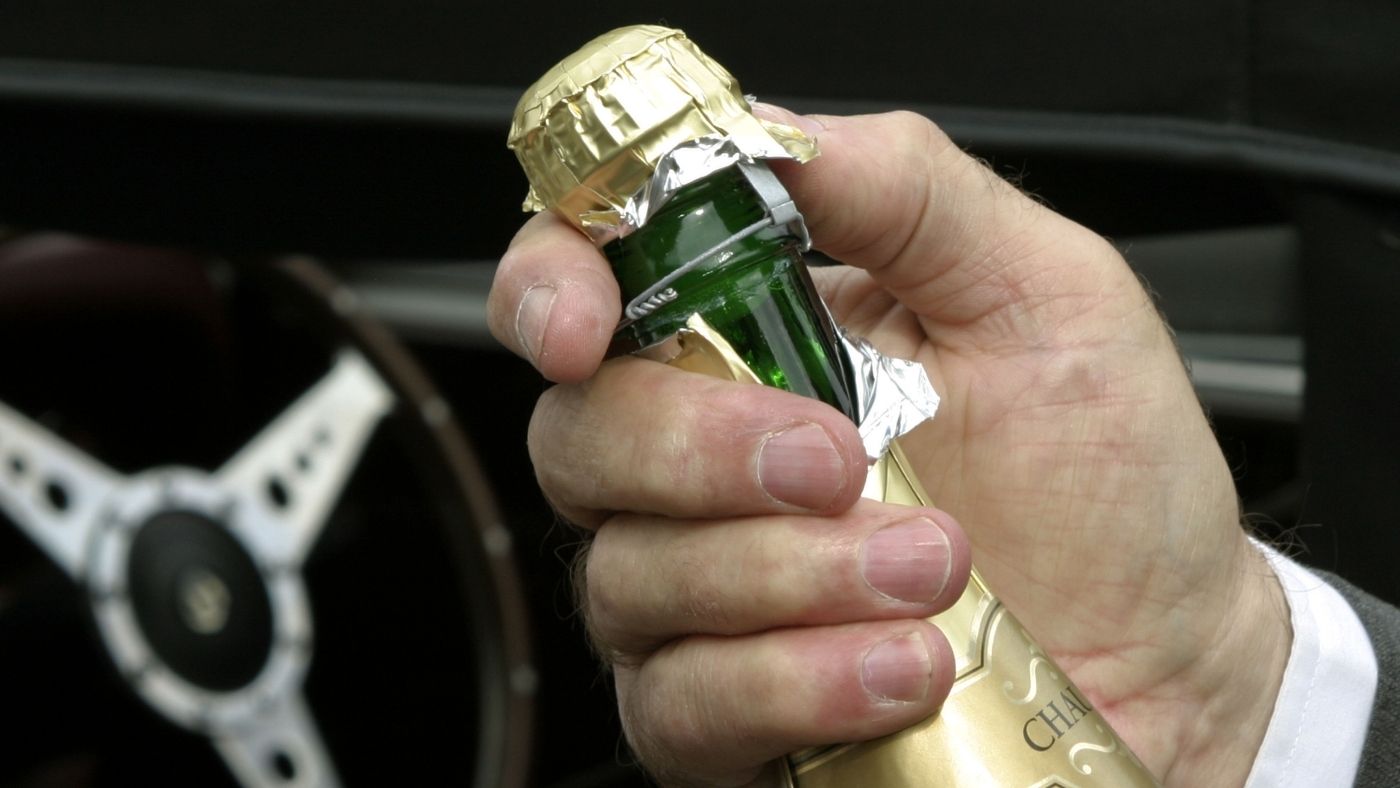 ‘Bonus bonanza’ for bankers: what cost of living crisis?
‘Bonus bonanza’ for bankers: what cost of living crisis?feature Bankers pop open the champagne to celebrate huge payouts